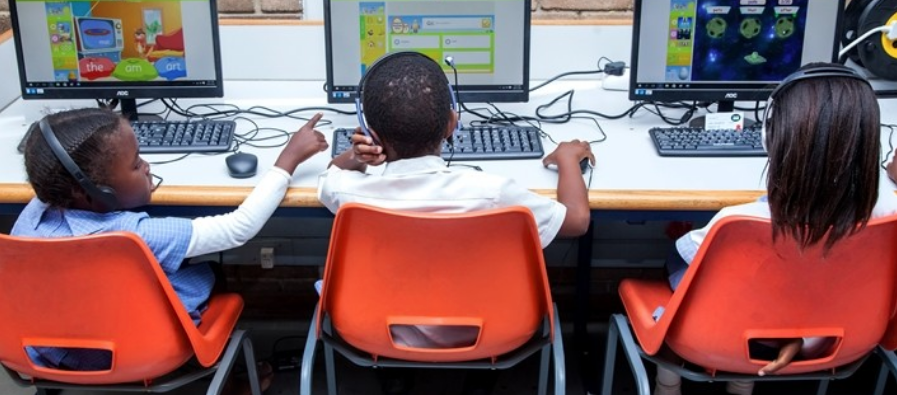![]() While the COVID-19 pandemic has created an unprecedented challenge for educational systems worldwide, it also brought much needed attention to the importance of connectivity and the use of digital technologies for teaching and learning in an open schooling context. Some 3.6 billion people still have no access to the Internet and 250 million children are still out of school.
While the COVID-19 pandemic has created an unprecedented challenge for educational systems worldwide, it also brought much needed attention to the importance of connectivity and the use of digital technologies for teaching and learning in an open schooling context. Some 3.6 billion people still have no access to the Internet and 250 million children are still out of school.
A new report published by the Broadband Commission looks into school connectivity and introduces a methodology and framework for mapping and connecting primary and secondary schools to the Internet.
The report is the result of a working group co-chaired by the ITU, UNESCO and UNICEF and aims to help governments, their partners and interested stakeholders to develop more holistic school connectivity plans.
“Expanding access to and improving the quality and equity of learning will not happen automatically once schools are connected to the Internet,” says Borhene Chakroun, Director of Policies and Lifelong Learning Systems Division at UNESCO, who has been part of the working group. “The current crisis has surfaced many dimensions of the digital divide that we need to address, including equity gaps, and issues around children’s safety online,” he adds.
The report highlights the efforts and approach used by Giga and UNESCO’s e-schools Initiative; two global initiatives aimed at connecting schools to the Internet and at turning schools into entry points for bringing connectivity to entire communities.
Understanding the school connectivity landscape
Since 2019, the Broadband Commission has been examining the issues faced by many governments when developing and deploying school connectivity initiatives.
The analysis of the new report provides a better understanding of the school connectivity landscape and requirements, to evaluate the benefits of different technologies for different environments, and to analyze business and financial models, as well as suitable content articulating connectivity with quality, safe, and inclusive learning.
“We hope that this report will motivate the private sector, non-profit and international organizations as well as the world at large to engage and support the cause of school connectivity,” says Borhene Chakroun.
The new report is part of UNESCO’s several initiatives around the issue of school connectivity >> DOWNLOAD IT >>
UNESCO has launched the work to prepare a Declaration for Connectivity in Education to support learning and strengthen the resilience of education systems. The Organization is also mobilizing Global Education Coalition partners to pursue action in this area as part of the Flagship on Connectivity. Finally, the issue of school connectivity will figure prominently on the agenda of Mobile Learning Week 2020.
Fonte: UNESCO.org

